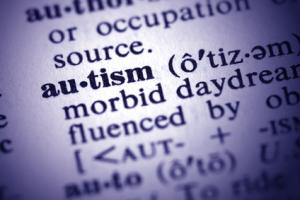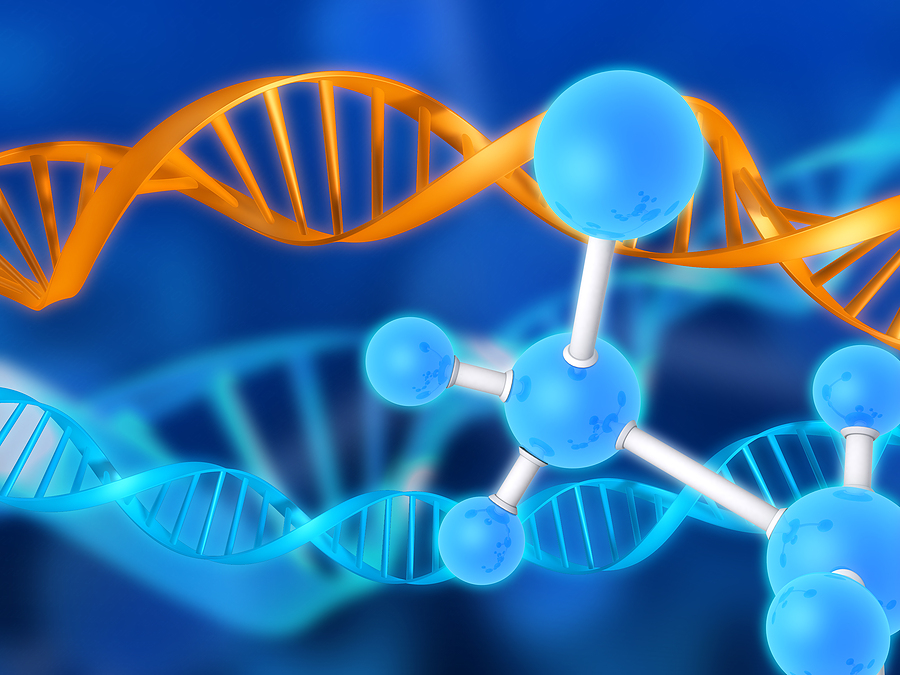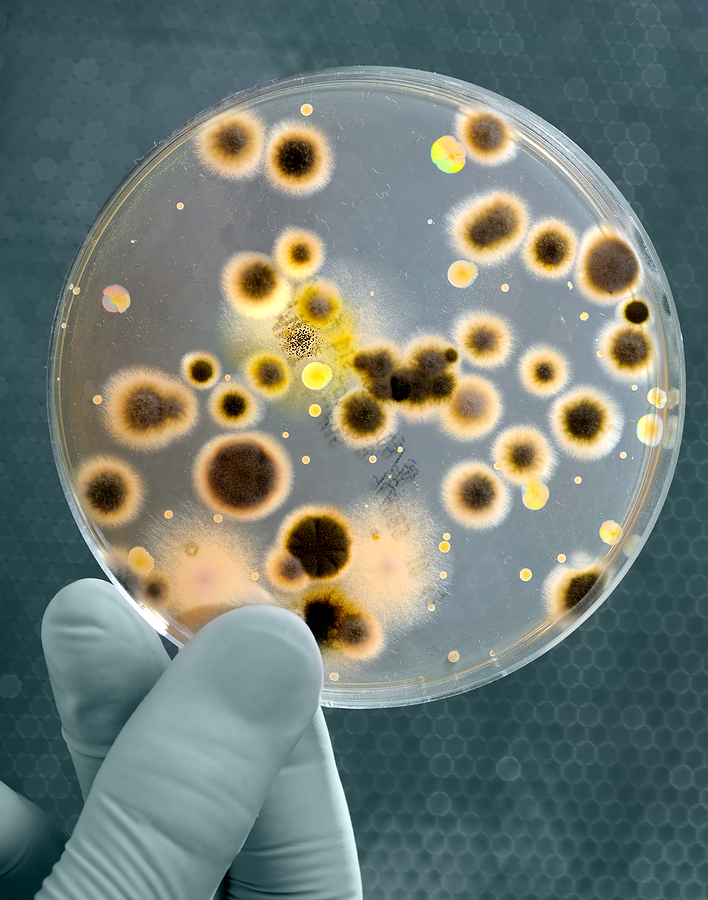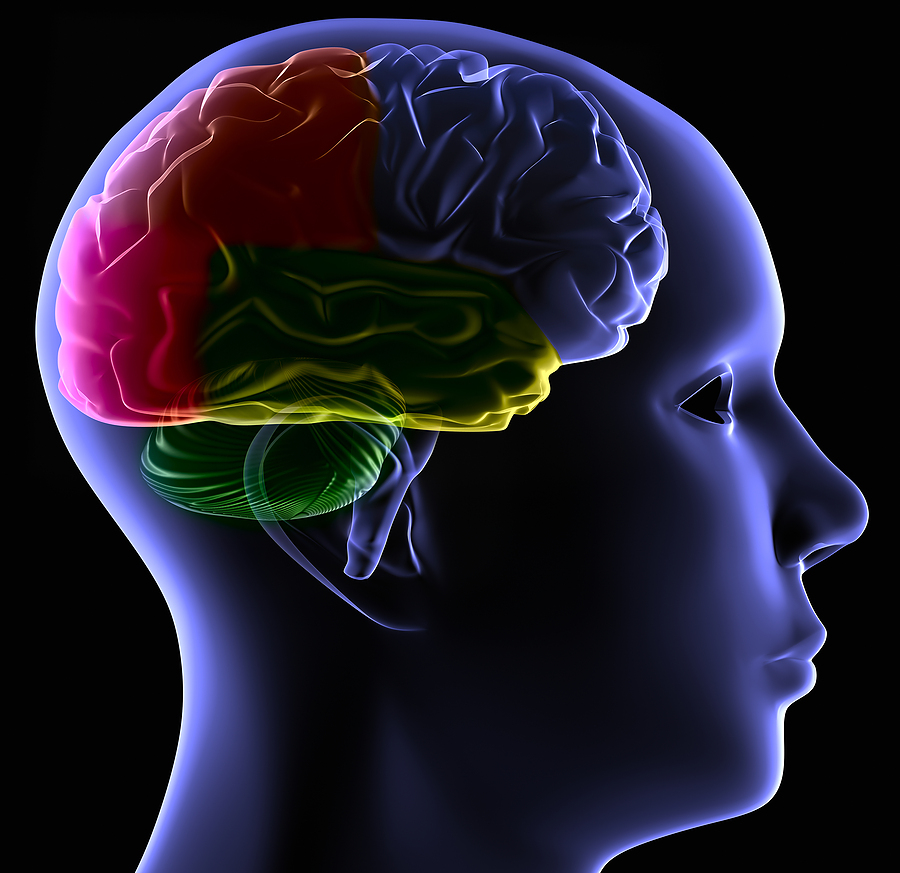
Autism
Autism is a lifelong condition that affects around 1% of the population; it first appears during infancy or childhood, usually before a child is three. Autism affects the way in which a person relates to and communicates with other people. Being a ‘spectrum condition’ means that whilst all individuals affected by autism share certain characteristics including: 
• Difficulty with social interaction
• Difficulty with communication especially communicating their own needs and how they feel
• Difficulty with social imagination, meaning they find it hard interpreting other’s thoughts and opinions, or predicting or preparing for what will happen next. This can make a sufferer struggle in a new environment.
All people with autism are different and may be affected in different ways. The extent to which a person is affected can vary, and while it is a life long condition adults with autism usually show fewer outward symptoms, this is believed to be largely due to learned coping mechanisms. Some people with autism can live independent lives whilst others may have symptoms that may need a lifetime of support.
Along with the above characteristics of autism, the condition can also mean that a sufferer may experience some or all of the following:
• Over- or under-sensitivity to sounds, smells, tastes, touch, and sights.
• Restricted interests
• Repetitive behavior
• Atypical eating
• Learning disabilities
Autism can be diagnosed alongside other conditions, other conditions that are often co-present in an autism sufferer are dyslexia, dyspraxia, and attention deficit hyperactivity disorder (ADHD).
Because there are few or no obvious outward signs of autism the condition can be misunderstood, children with autism can be seen as naughty or anti-social, this can be difficult for parents who often feel guilt or frustration. It is important to note that autism is not related to a person’s childhood or upbringing, a parent is not responsible for causing the condition in their child; it is a real condition that is neither the fault of parenting or the individual sufferer. Once a diagnosis is made, the right help, support and understanding can make a great deal of difference to the sufferer and their family.
Treatment for autism
While at the moment there is no cure for the condition, there are many interventions, which can greatly improve the lives of sufferers, and their loved ones. People with autism and their families benefit from prompt diagnosis, so if you suspect something is not right it is important to seek help. The first port of call is usually your health visitor or GP, it will be from here you will be referred to a specialist if autism is seen as a possibility. A specialist will help find the right diagnosis; from the point of diagnosis they can access the support and services that are required..
Asperger syndrome
Asperger syndrome is an autism spectrum disorder (ASD). It is common for people with Asperger syndrome to be highly intelligent. Those with Asperger’s may not experience difficulties with speech, but still may find it difficult to understand and process the language of others. People with Asperger syndrome can, with the right support and encouragement, lead full and independent lives.
Resources
The National Autistic Society is the leading charity for people with autism and their Autism Helpline number is 0808 800 4104
Related Guides





















